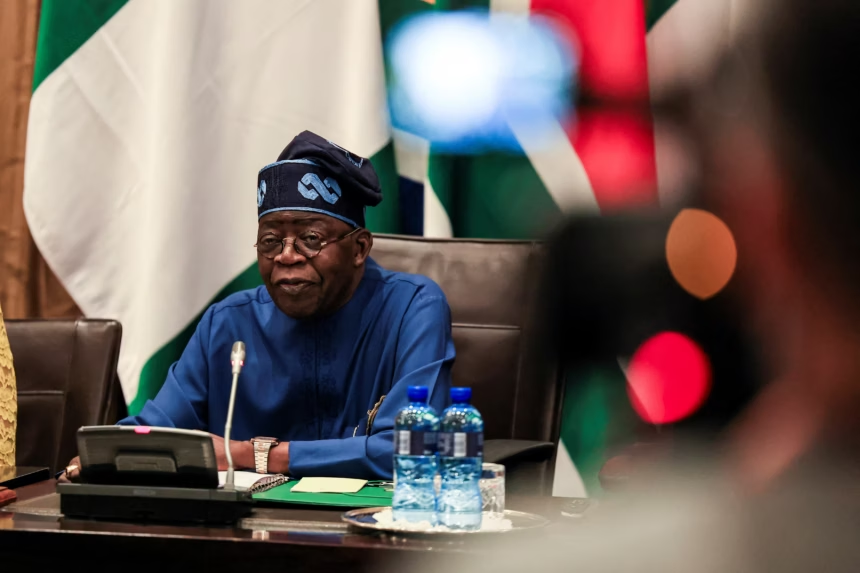The Federal Executive Council (FEC) has approved an economic initiative, the Nigeria First policy, which mandates federal ministries, departments, and agencies (MDAs) to prioritise Nigerian goods, services, and expertise in all procurement activities.
Announced by the Minister of Information and National Orientation, Mohammed Idris, after the FEC meeting in Abuja, the policy seeks to reduce reliance on imports and foster domestic industrialization.
President Bola Ahmed Tinubu endorsed the move, with plans for an executive order to legally enforce the new standard.
According to Minister Idris, this initiative will reshape government spending to support local industries, thereby strengthening Nigeria’s economy. “Nigeria comes first in all procurement processes; no foreign goods or devices already produced locally will be procured without a clear and justified reason,” he stated.
- Advertisement -
If implemented effectively, this policy is expected to stimulate local production, generate employment, conserve foreign exchange, and enhance economic self-reliance.
The Bureau of Public Procurement (BPP) has been tasked with overhauling existing procurement frameworks to align with the Nigeria First initiative. This includes creating a Local Content Compliance Framework, maintaining a register of reputable Nigerian manufacturers and service providers, and assuming direct control over procurement officers in all MDAs. These officers will be redeployed to ensure uniform enforcement of the policy without compromising efficiency.
Furthermore, all MDAs are now required to audit and revise their 2025 procurement plans to comply with the new directive. Any attempt to procure foreign goods or services that already have viable Nigerian alternatives will require written justification and a BPP-issued waiver. Where no local alternative exists, contracts must include provisions for local production, technology transfer, or skill development.
Idris emphasised that non-compliance will attract serious sanctions, including cancellation of procurement processes and disciplinary measures against erring officers.
The policy is also expected to influence key sectors such as the sugar industry, where backward integration and local investment will be prerequisites for quota allocations.








